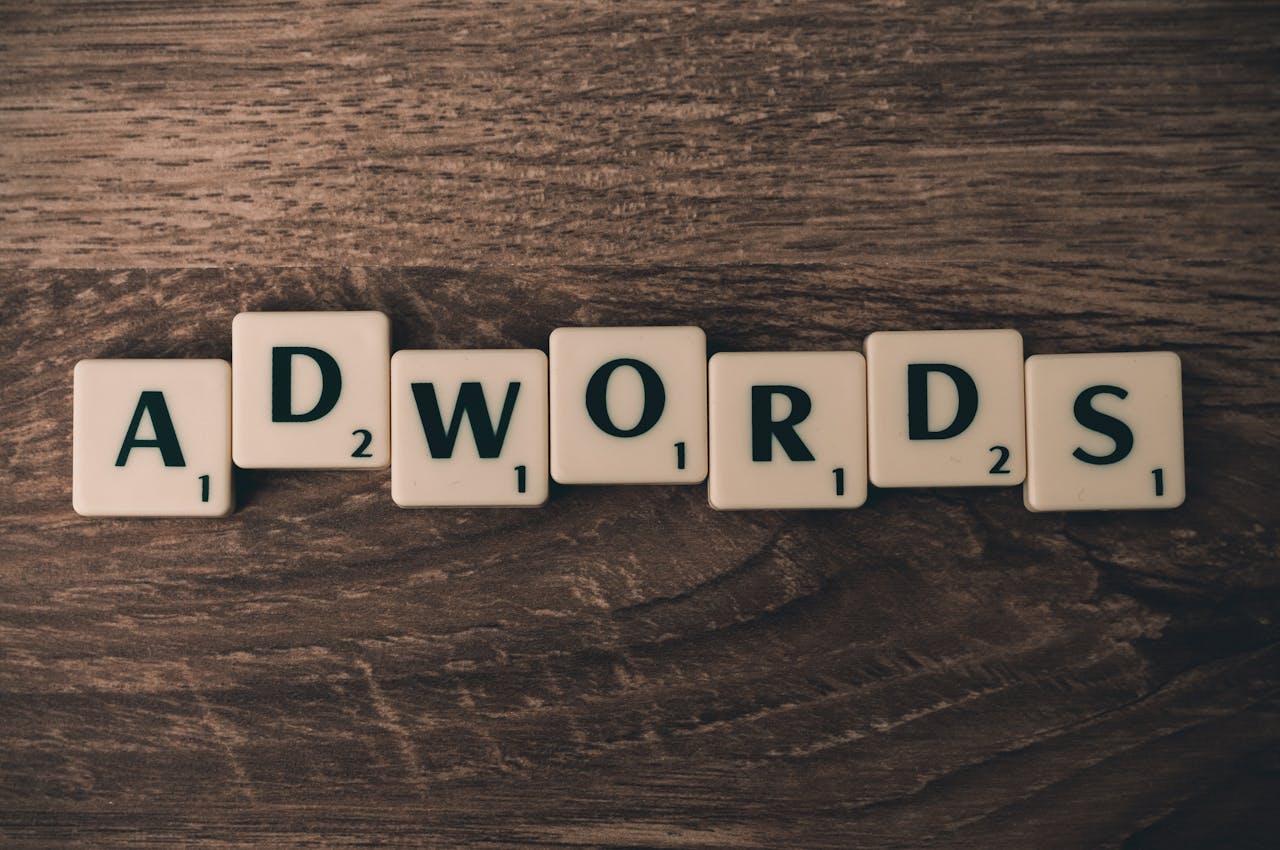What is On-Page SEO? An In-Depth Guide
In the ever-evolving world of digital marketing, On-Page SEO remains a cornerstone of a successful search engine optimization strategy. Whether you’re new to SEO or an experienced marketer, understanding and implementing on-page SEO is crucial to improving your website’s visibility and ranking on search engine results pages (SERPs).
What is On-Page SEO?
On-Page SEO refers to the practice of optimizing individual web pages to improve their search engine rankings and earn organic traffic. It involves optimizing both the content and the HTML source code of a page, unlike off-page SEO, which focuses on external factors like backlinks.
At its core, on-page SEO ensures that your website is user-friendly, content-rich, and structured in a way that search engines can easily understand and rank.
Why is On-Page SEO Important?
- Improves Visibility
Proper optimization makes your content more discoverable by search engines, leading to higher rankings and more traffic. - Enhances User Experience
On-page SEO involves improving readability, navigation, and loading speed, all of which create a better user experience. - Boosts Local SEO
With localized keywords, on-page optimization can significantly improve rankings for local search queries.
Key Elements of On-Page SEO
Here’s a breakdown of the essential components to focus on:
1. Title Tags and Meta Descriptions
- Title Tag: This is the clickable headline displayed on SERPs. Use primary keywords naturally and keep it under 60 characters.
- Meta Description: This snippet gives users a brief overview of the page content. Keep it concise, engaging, and include relevant keywords.
2. High-Quality Content
- Keyword Optimization: Research and incorporate primary and secondary keywords naturally. Avoid keyword stuffing.
- Readability: Use short paragraphs, bullet points, and subheadings to make content easy to read.
- Value: Provide unique, engaging, and valuable information that answers the user’s query comprehensively.
3. URL Structure
Use clean and descriptive URLs that include target keywords. For example:
Bad URL: www.example.com/page?id=123
Good URL: www.example.com/on-page-seo-guide
4. Header Tags (H1, H2, H3, etc.)
Organize your content hierarchically with appropriate header tags. This helps both readers and search engines navigate your content.
5. Internal Linking
- Link to other relevant pages on your website to improve navigation and spread link equity.
- Example: If you’re writing about SEO, link to a related blog post on keyword research.
6. Image Optimization
- Use descriptive file names and ALT text for images.
- Compress images to improve page load speed without compromising quality.
7. Mobile-Friendliness
With the majority of users browsing on mobile devices, a responsive design is critical for on-page SEO.
8. Page Speed
Fast-loading pages are not only essential for user experience but also for better rankings. Use tools like Google PageSpeed Insights to monitor and optimize your website’s speed.
9. Schema Markup
Adding structured data (schema markup) helps search engines better understand your content and display rich snippets in the search results.
10. Content-Length
Aim for a balance between thoroughness and readability. Long-form content tends to rank higher, but only if it provides value.
Best Practices for On-Page SEO
- Conduct Keyword Research: Use tools like Google Keyword Planner, SEMrush, or Ahrefs to find relevant keywords with high search volume and low competition.
- Update Content Regularly: Fresh, updated content signals relevancy to search engines.
- Avoid Duplicate Content: Ensure all content on your site is unique and original.
- Monitor Performance: Use analytics tools to track page performance and identify areas for improvement.
Conclusion
On-page SEO is more than just adding keywords to your content; it’s about creating a seamless experience for both users and search engines. By focusing on the critical elements outlined above, you can improve your website’s rankings, attract more visitors, and ultimately achieve your digital marketing goals.
Start implementing these strategies today to reap the benefits of a well-optimized website!
Ready to take your SEO efforts to the next level? Visit Help Rank SEO for expert guidance and tools tailored to boost your rankings!



Pingback: How to do Keyword Research for SEO - Hire SEO Expert
Pingback: Ultimate Guide for Technical SEO for Websites Boost Ranking
Pingback: Link Building Strategies for SEO in Help Rank SEO